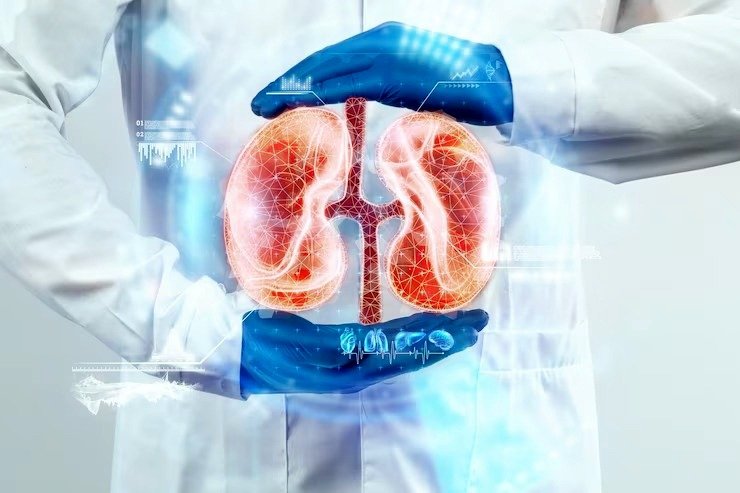How to Avoid Dialysis and Cure Kidney Disease
How to Avoid Dialysis and Cure Kidney Disease?
The article will discuss a few strategies or suggestions on How to Avoid Dialysis and Cure Kidney Disease. The best way to avoid dialysis and cure kidney disease depends upon the stage of kidney disease and its underlying cause. It is equally important to seek personalized guidance from healthcare professionals to avoid dialysis and cure kidney disease. However, no guaranteed method helps to prevent kidney disease and the risk of dialysis. The effectiveness of preventive strategies depends on the condition of the patient and the stage of kidney disease. For effective methods to avoid dialysis and kidney disease, it is always better approach to consult with a doctor for personalized advice.

Follow a balanced and kidney-friendly diet:
A balance and kidney-friendly diet plan is important to avoid dialysis and manage kidney disease. It is always better to avoid food in a diet high in potassium, sodium, phosphorus and protein. Such as dairy products, seeds, some whole-grain nuts and chocolate are rich in phosphorus and potassium. These are the contents of a balanced diet, but depending upon the needs of a person a certified dietician can design a diet plan to tailor to specific conditions (stage of kidney disease) of an individual.
Control and manage blood sugar and blood pressure:
Diabetic and heart patients need to manage their blood sugar and blood pressure. As both are injurious to the kidney and even lead to kidney damage. Stress management, intake of low sodium diet, regular exercise and weight control help to prevent and sometimes delay the progression of kidney disease and avoid the risk and dialysis. In addition to it, ensure regular check-ups of blood pressure and take prescribed medicine both for sugar and blood pressure regularly. Always involve yourself in things that help to reduce stress and make you relax.
Proper Hydration:
Always remain proactive to consult healthcare professionals to determine the amount of fluid intake according to the stage of kidney disease. Hydration is essential for ensuring the maintenance of the health of kidney disease patients. The excessive and lower amount of fluid intake could prove to be harmful to the kidney disease patient. Always take little sips of water often. It is better to drink enough while doing work like hard exercise in humid and warm weather. Severe hydration could be harmful to the kidneys. It can even lead to kidney damage. Melon, orange and lemon juice are high in citric acid and help an individual to prevent the formation of kidney stones.
Limit consumption of alcohol and quit smoking:
Kidney disease could get worsen with excessive consumption of alcohol and smoking. Moderate intake of alcohol and quitting smoking could help to improve not only overall health but also the function of the kidney. Otherwise, alcohol consumption could turn out to be a double-edged sword to worsen kidney disease.
Avoid nephrotoxic substances:
Nephrotoxicity is the abrupt deterioration in the function of the kidney due to toxic chemicals and side effects of medication. Some drugs can influence kidney function and even damage the kidney. Nephrotoxicity is caused by different medicine, chemicals and chemotherapy. Damage from medication to the kidney could be short or long-lived and sometimes partially irreversible and referred to as acute kidney disease. That is why, it is crucial to consult with a doctor to ensure about the medicine intake is free from nephrotoxic substances and safe for a kidney.
Regular kidney function monitoring:
Regular laboratory tests and check-ups to monitor the function of the kidney and to monitor the progression of kidney disease. Close working under the supervision of a healthcare professional team helps in establishing a proper schedule for monitoring kidney disease.
Explore alternative treatments:
Alternative and complementary therapies are helpful in kidney disease management. However, it is essential to discuss it with healthcare professionals to ensure safe treatment to avoid the risk of dialysis and kidney disease.
Conclusion:
By and large, kidney disease is a complex condition and treatment plans may vary from individual to individual. Consultation with healthcare professional help in exploring the best-suited personalized treatment for a patient. Physicians provide the most accurate information and guidance to patients on the best course of action to avoid the progression of kidney disease and dialysis according to the situation.
For further details and daily updates please follow us on LinkedIn or join us on Quora
